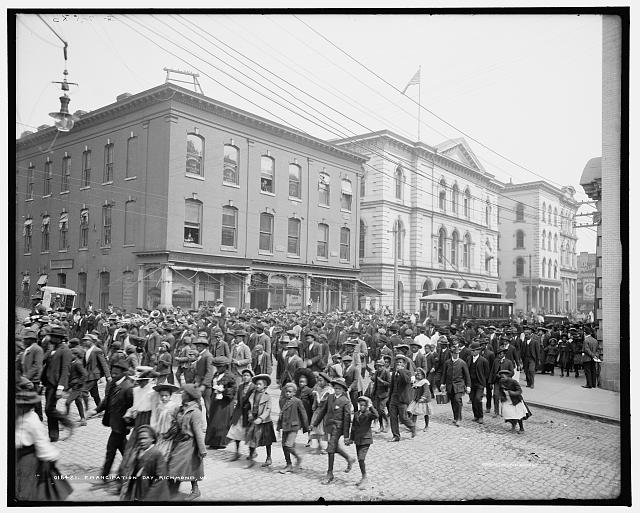Each patriotic holiday that marks the calendar in the United States provides a focal point for reflection and discussion, and this week I want to share thoughts on a more somber chapter of American history – slavery. Tomorrow is Juneteenth, an annual event on June 19 that celebrates the end of slavery in the United States.
In elementary school, when I learned about slavery in America, I remember feeling horrified, outraged and even embarrassed. I am the son of immigrant parents, and in our family, America was always the ultimate symbol of freedom and independence. It was shocking and confusing to me how slavery could have happened here.
While this part of U.S. history is abhorrent, I feel proud that we are not shying away from acknowledging the past. My grandparents grew up in the Ottoman Empire during the Armenian Christian genocide. More than one million people were murdered in the 1910s. To this day, Turkey refuses to acknowledge its atrocities. I am grateful for the honest introspection that exists here in America as our past must continue to be a lesson to us all.
The United States – and the world – still has work to do to ensure liberty and justice for all. But we have come a long way in recognizing events like Juneteenth and the importance of having meaningful conversations about race. I am more hopeful than ever about the progress we are making.
I also believe we cannot rely on federal or state laws alone to promote diversity, equity and inclusion (DEI). It must be an everyday commitment for Americans at home, at work and in our communities. For these reasons, SpartanNash established a DEI team led by a new vice president to help SpartanNash become more inviting and inclusive – a place where all of our Associates, customers and guests feel welcome.
In closing, I want to share a quote from 19th century American poet Emma Lazarus, whose words resonate with me as I reflect on Juneteenth and the pursuit of equality for all people. You may recognize her name because in 1883 she wrote the poem engraved at the base of the Statue of Liberty. Her quote has been expressed in similar ways by Dr. Martin Luther King, Jr. and more recently by Janelle Monae.
“Until we are all free, we are none of us free.” — Emma Lazarus
